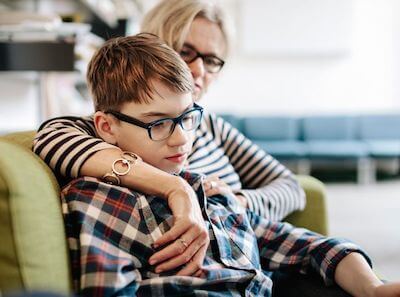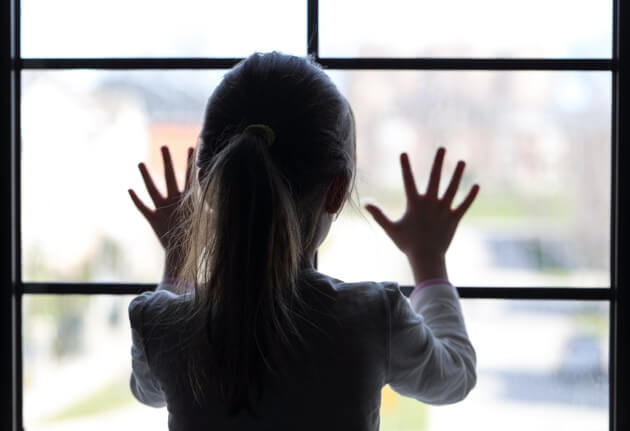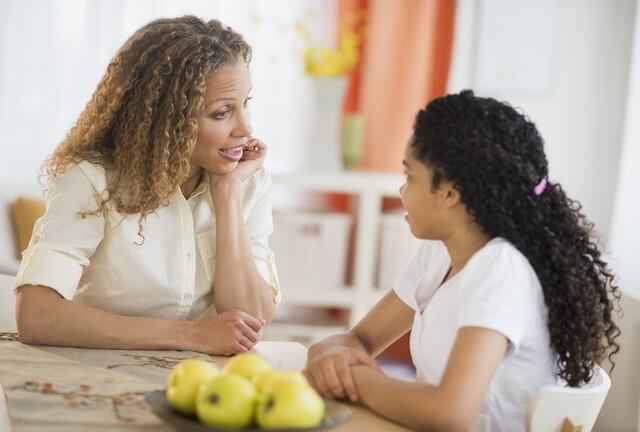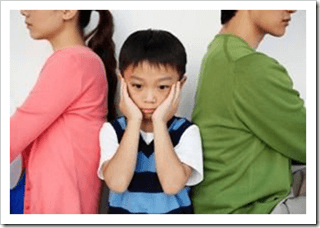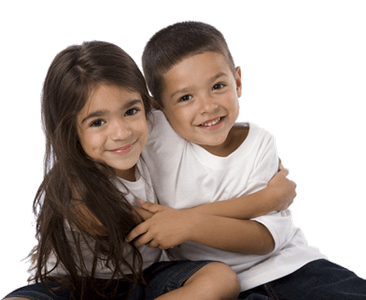Divorced Parents: Communicate Compassion...
By Rosalind Sedacca, CDC During and after divorce your children may be hyper-sensitive about many things. What may have formerly been routine conversations, questions or activities can now be touchy subjects fraught with anxiety, resentment or ager. This is understandable when you consider that the stability of the world they knew has been dramatically altered. Minor insecurities can easily grow into major problems. Children may regress in their behaviors and skills. Some become more clinging – others more aloof – depending on their adaptability and perspective about the divorce. This is the time to focus on good parent/child communication. You can reinforce or rebuild trust, security and confidence that things will be okay again – despite the changes inflicted by your divorce. Here are some solid tips for more effective communication with your children. Master them today and they will work on your behalf for years and





